My magical trip to Kunsthistorisches Museum in Vienna!
Hello Steemians, I have decided to share with you all the most beautiful and most famous pictures during my visit in Kunsthistorisches Museum, which is one of the most important museums in the world.
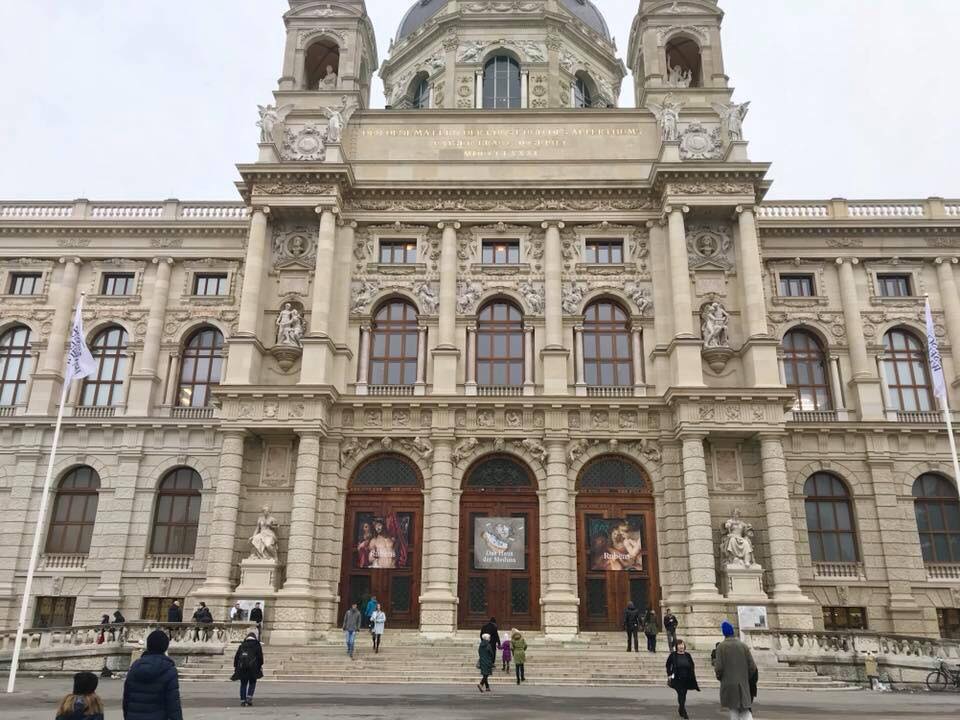
HISTORY OF THE MUSEUM
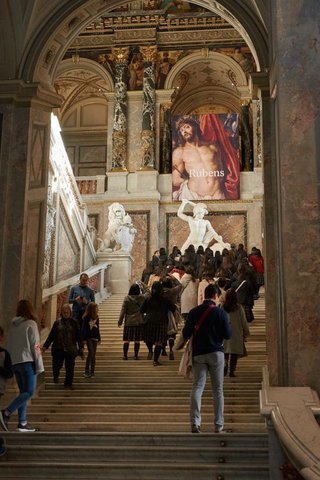
The museum began with paintings of members of the Habsburg family that ruled the Austrian Empire in the eighteenth and nineteenth centuries; in addition to medieval iron holdings of Ferdinand II and Kaiser Rudolf II, and paintings in the possession of Prince Leopold Wilhelm. These collections were then added to the collection of ancient antiquities of different countries and the collection of gold and silver coins; all were kept in this museum, and that was in 1833.
He gave the order to build the first museum of Franz Josef in 1858. Accordingly, several models of the construction area were constructed to construct two buildings on either side of the Hildenplatz square, one of which is the Art History Museum and the Vienna Natural History Museum near the Hofburg Building.
Then another competition was held between architects in 1867, where the current location of the collection was chosen museums, a little way from the Hofburg at Ringstrasse. The architects Karl von Hassenauer and Gottfried Simper, who designed the composers according to Italian Renaissance art, built the building. The Tsar Franz Josef Design was adopted in 1870.
The Kaiser Franz Josef I opened the museum in 1891 and became open to the public. The museum had three main features:
1- Department of gold and silver coins and ancient monuments and antiquities
.Currency and medals group
. Egyptian Antiquities Group (see Egyptian Antiquities in the Vienna Museum)
.A range of other effects from the Middle East
2- Department of iron garments for knights and industrial art products
.Knights Clothes Collection
.Industrial product range
2-Department of paintings and restoration department
.Watercolor paintings, charcoal drawings and study models
. Restoration Department .
Now I will show you the traces found in the land of Yemen and Abyssinia, clay figure.These symbols and cuneiform drawings, which are engraved on the clay figurine, show us the archeology, in the province of the drawing of a human head eating from the vessels. It is a cuneiform language that expresses the food ration with a drawing of a pot in the form of a funnel next to the person expressing the word beer or beer syrup.Which every worker receives as a wage for his work "
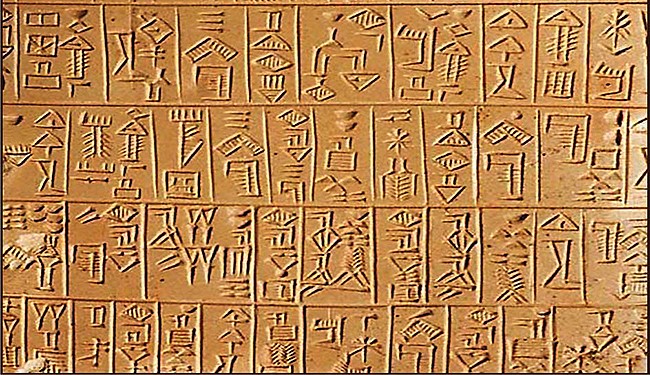
this painting shows us the most famous painter called Petrus Paulus Rubens,he is a painter of Flamenki (relative to Flanders County, Belgium). His works are a striking example of the Baroque school of photography, combining the Italian school style with the reality of the Flamenco scho. He directed a photography workshop in Antwerpen, Belgium. He developed his own style, which was characterized by exciting colors and incandescent drawings. He had an expressive power that emerged from the various subjects he dealt with (sensory and motor). His art was clearly influenced by the reform movement that included the Catholic faith. He was wanted by many royal and royal palaces in Europe. Many paintings were made for "Maria de Medici" (Queen of France) and "Philip IV of Spain". Peter Paul Rubens reached the peak of his artistic career in Antwerp.
Other important works include:
-St. Gregory the Pope, Grenoble Museum - Belgium.
-Lowering the Cross, Antwerp Cathedral.
-Jesus Christ - placed in the tomb, Church of St. Jerome (Campery - France).
-The Amazonian Conflict, Munich
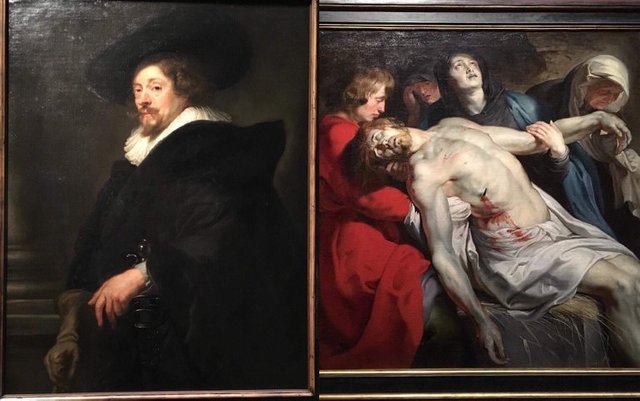
"The forearm brothers. The forearm is the most important muscle in the body, the only one that can be seen when you put your sleeves on the suture. "Peter Paul Rubens and in the second picture is the Gym goals by Rubens.
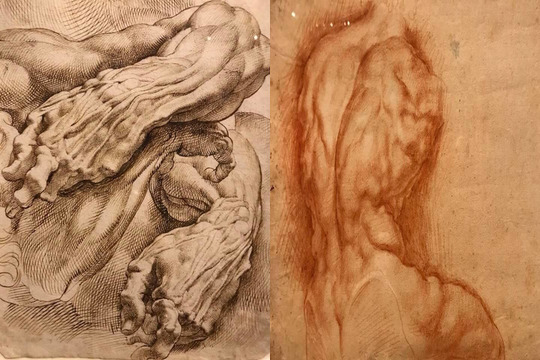
Thank you all for your time reading my post:)
wow what great history in your pictures! saddam
With love
harj : ) xoxo
Abstract artist
thank you for your support @harj :-)
Thank you! saddam would be great to get your interpretion on my last art post called "indiffrence" your insight would help us : )
With love
harj : ) xoxo
Abstract artist
Nice post keep it up :)